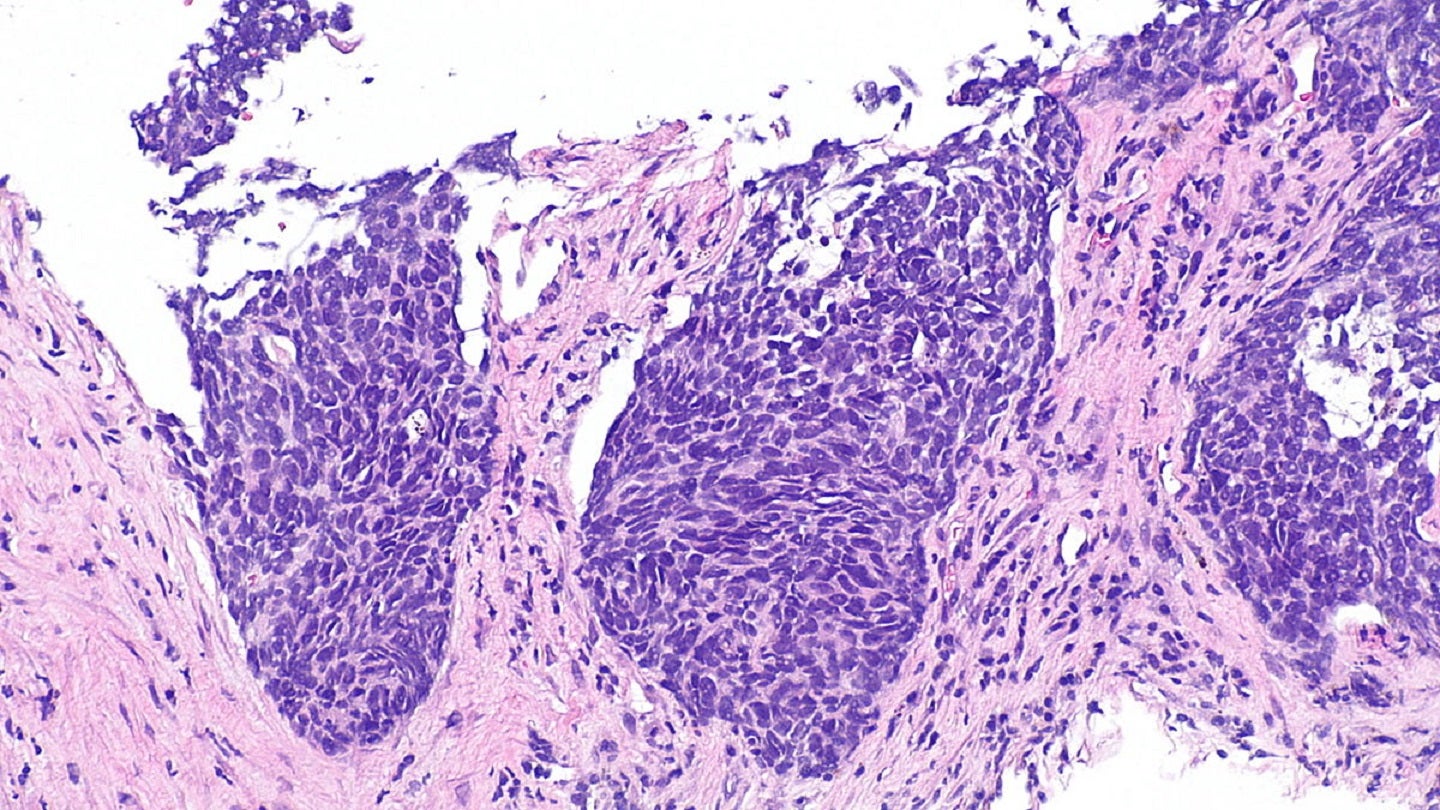
I-Mab has reported encouraging data from the Phase Ib/II study evaluating uliledlimab combined with toripalimab (TUOYI) in patients with treatment-naïve advanced non-small cell lung cancer (NSCLC).
Uliledlimab is the company’s highly differentiated CD73 antibody while toripalimab is a PD-1 antibody.

Discover B2B Marketing That Performs
Combine business intelligence and editorial excellence to reach engaged professionals across 36 leading media platforms.
The dose expansion portion study is designed to explore the potential value of CD73 expression as a predictive biomarker.
It has also been designed to investigate the potential correlation between tumour CD73 expression and clinical response for treatment-naïve advanced NSCLC patients.
The study enrolled a total of 70 patients to assess the safety and efficacy of the combination therapy.
A favourable safety profile was observed at uliledlimab 30mg/kg Q3W in combination with toripalimab with treatment-related adverse events mostly of Grade 1 or Grade 2 in severity.

US Tariffs are shifting - will you react or anticipate?
Don’t let policy changes catch you off guard. Stay proactive with real-time data and expert analysis.
By GlobalDataThe objective response rate (ORR) of 31.3% regardless of PD-L1 and CD73 expression was demonstrated in the efficacy evaluable population of 67 participants.
As identified by immunohistochemistry, CD73High was determined as >40% of tumour or immune cells with ≥1+ staining intensity.
Patients with CD73High demonstrated a higher ORR compared with those with CD73Low (53% vs. 18%).
Further, the ORR increased to 63% in patients with both PD-L1 tumour proportion score (TPS)≥1% and CD73High, whereas CD73Low patients had an ORR of 20%.
I-Mab intends to analyse progression-free survival and overall survival data when the data are completely mature.
I-Mab president and acting CEO Dr Andrew Zhu said: “The new results are compelling for uliledlimab as a new treatment for NSCLC and its potential to make a meaningful impact on patients’ lives.
“With this finding, we are in a unique position to apply CD73 as a predictive biomarker to raise the probability of treatment success for NSCLC.
“Building on encouraging results from this study, we intend to commence a biomarker-guided pivotal trial with the aim of providing these promising new treatment options to patients as quickly as we can.”



